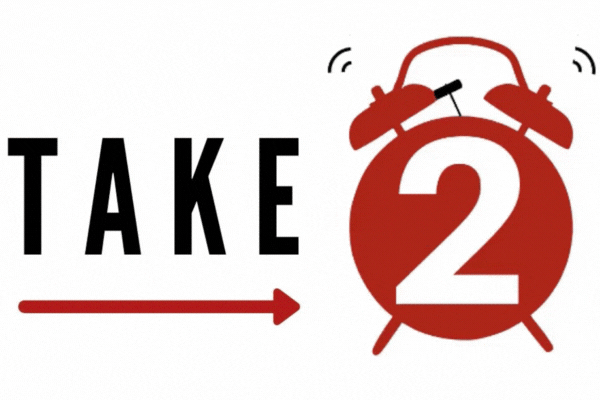
Daylight saving time to be made permanent: On March 15, the Senate unanimously passed legislation to do away with the biannual springing forward and falling back in favor of making daylight saving time permanent across the United States. Republican Senator Marco Rubio of Florida brought the idea to the Senate calling his bill the Sunshine Protection Act. “One has to ask themselves after a while: Why do we keep doing it?” Rubio said. “The majority of the American people’s preference is just to stop the back-and-forth changing.” When the bill was moved to pass, not a single senator objected. If the bill passes the House and President Joe Biden signs it, it would take effect November 2023.
Significance: Since being a feature of American lives since 1918, there have been many debates over whether changing back the clocks is necessary. There is considerable evidence that making daylight saving time permanent would benefit the American economy and public health. People have blamed it for everything from depression to ruining youth sporting events. Studies have shown that economic activity is reduced during standard time, and permanent daylight saving time would lead to greater energy savings. Also, spending more standard work hours in sunlight would reduce rates of seasonal depression. Americans exercise more frequently during daylight saving time, reducing the risk of stroke and heart problems. Research also suggests that the extra hour of afternoon sun leads to fewer car accidents and evening robberies.
Idaho passes new abortion bill: A legislation was sent to the Idaho governor on March 14 that will ban abortions in Idaho after six weeks of pregnancy by allowing family members to sue a doctor who performs a procedure. The bill offers at least $20,000 to anyone who sues successfully. The state’s House voted Monday to approve the ban with a vote of 51-14. Idaho is the first state to pass a legislation similar to that of Texas, whose own law is currently in place until a court challenge decides whether it is justifiable or not. The bill will pass to the Republican governor, Brad Little, who is expected to sign it.
Significance: The Senate’s bill states that the life of each human being begins at fertilization and preborn children should have interests in life. The presence of a human heartbeat indicates a 95% chance of survival and is a reliable indicator of life, and therefore, the state of Idaho says they have a “compelling interest in protecting the life of a preborn child at all stages of its development.” The opposing side suggests the bill is unconstitutional, saying it takes many women more than six weeks to know they’re pregnant.


















